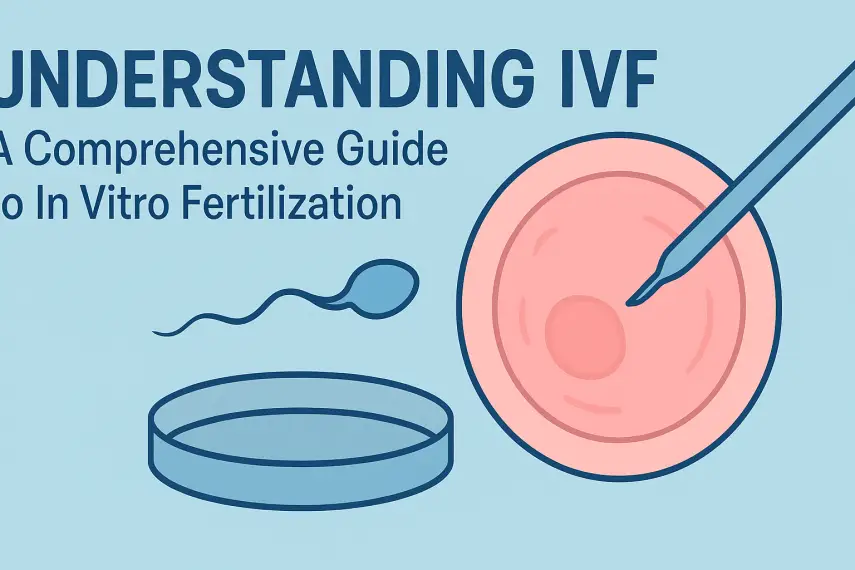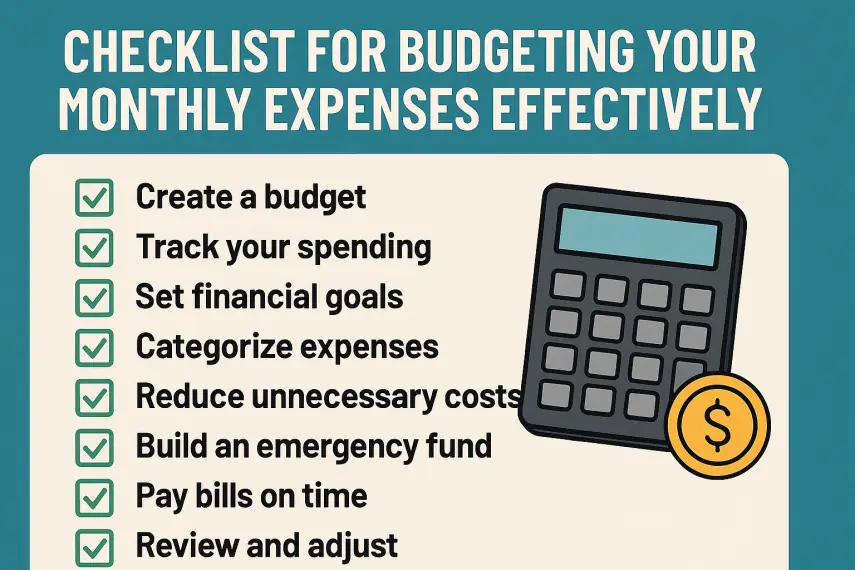
Mother & Baby Health: A Comprehensive Guide to Wellness from Pregnancy to Infancy
📑 Contents
Mother & Baby Health: A Comprehensive Guide to Wellness from Pregnancy to Infancy
Motherhood is a transformative journey filled with joy, challenges, and countless questions. Ensuring both mother and baby are healthy from pregnancy through infancy is crucial for lifelong well-being. This comprehensive guide covers the essentials of mother & baby health: from prenatal care and nutrition to postpartum recovery and infant development. Whether you’re an expectant mother or a new parent, this practical resource will help you make informed decisions for you and your baby.
Prenatal Care: The Foundation of a Healthy Pregnancy

Prenatal care is the medical attention and lifestyle support a woman receives during pregnancy. Consistent prenatal visits help monitor the health of both mother and baby, detect potential issues early, and provide guidance for a healthy pregnancy journey.
Why Prenatal Care Matters
- Early Detection: Regular check-ups can identify complications such as gestational diabetes, preeclampsia, or fetal growth problems.
- Education: Expectant mothers receive advice on nutrition, exercise, and mental well-being.
- Vaccinations: Immunizations like the flu shot and Tdap protect mother and baby from infectious diseases.
- Screenings: Blood tests and ultrasounds monitor both maternal and fetal health.
Recommended Prenatal Visit Schedule
| Pregnancy Stage | Visit Frequency | Key Focus Areas |
|---|---|---|
| Weeks 4–28 | Every 4 weeks | Baseline health, nutrition, initial screenings |
| Weeks 28–36 | Every 2 weeks | Growth monitoring, gestational diabetes screening |
| Weeks 36–40+ | Weekly | Labor preparation, fetal position, final checks |
Nutrition for Mother and Baby

A balanced diet during pregnancy and breastfeeding is vital for the development and health of both mother and baby. The right nutrients support fetal growth, boost maternal energy, and aid postpartum recovery.
Key Nutrients for Pregnancy
- Folic Acid: Reduces the risk of neural tube defects; found in leafy greens, beans, and fortified cereals.
- Iron: Prevents anemia and supports blood volume expansion; sources include lean meats, legumes, and spinach.
- Calcium: Essential for fetal bone development; available in dairy, tofu, and broccoli.
- Omega-3 Fatty Acids: Supports brain and eye development; found in fatty fish and flaxseed.
- Protein: Crucial for tissue growth; get it from poultry, eggs, dairy, and nuts.
Hydration and Food Safety
Staying hydrated is important—aim for at least 8–10 cups of water daily. Pregnant women should avoid high-mercury fish, unpasteurized dairy, and raw or undercooked meats to reduce the risk of foodborne illnesses.
Postpartum Recovery: Healing and Self-Care
After childbirth, a mother’s body needs time and care to heal. Postpartum recovery varies for each woman, but all new mothers benefit from rest, support, and attention to both physical and emotional health.
Physical Recovery
- Rest: Sleep when the baby sleeps and accept help from friends and family.
- Pelvic Floor Exercises: Strengthen muscles weakened during pregnancy and delivery.
- Nutrition: Continue a nutrient-rich diet to support healing and breastfeeding.
- Medical Follow-up: Attend postpartum check-ups to monitor recovery and address concerns like bleeding or infection.
Mental and Emotional Health
Hormonal changes, lack of sleep, and the demands of caring for a newborn can affect mental health. It’s common to experience "baby blues," but if symptoms persist or worsen, it may indicate postpartum depression. Seeking support from healthcare providers, counselors, or support groups is vital for recovery.
Infant Health and Development
The first year of life is critical for a baby’s physical, cognitive, and emotional development. Regular health check-ups, immunizations, and developmental screenings ensure your baby is on track.
Key Milestones in the First Year
- 0–3 Months: Lifting head, tracking movement with eyes, smiling.
- 4–6 Months: Rolling over, reaching for objects, babbling.
- 7–9 Months: Sitting up, crawling, responding to name.
- 10–12 Months: Standing, cruising, saying simple words.
Nutrition for Infants
Breast milk or infant formula provides all necessary nutrients for the first 6 months. Around 6 months, introduce solid foods while continuing breastfeeding or formula feeding.
Safe Sleep Practices
- Always place baby on their back to sleep.
- Use a firm, flat mattress with no loose bedding or soft toys.
- Share a room but not a bed with your baby for at least the first 6 months.
Common Health Concerns and Prevention
Both mothers and babies face potential health concerns during this period. Understanding common issues and preventive strategies helps ensure well-being.
For Mothers
- Gestational Diabetes: Managed with diet, exercise, and sometimes medication.
- Preeclampsia: Monitored through blood pressure checks and urine tests.
- Postpartum Depression: Early intervention with therapy and support is key.
- Infections: Prompt treatment and hygiene prevent complications.
For Babies
- Jaundice: Common in newborns; usually resolves with monitoring and feeding.
- Colic and Reflux: Frequent crying or spitting up; consult a pediatrician for guidance.
- Respiratory Infections: Minimized by handwashing and avoiding sick contacts.
- Immunization-Preventable Diseases: Stay up to date with the vaccination schedule.
Building a Support System
Support from partners, family, friends, and healthcare professionals is invaluable during pregnancy and early parenthood. Joining parenting groups or online communities can provide practical tips and emotional reassurance. Don't hesitate to ask for help—caring for yourself enables you to better care for your baby.
FAQs on Mother & Baby Health
1. What should I avoid during pregnancy?
Avoid alcohol, tobacco, recreational drugs, high-mercury fish, unpasteurized foods, and raw or undercooked meats. Limit caffeine and consult your doctor before taking any medications or supplements.
2. How can I tell if my baby is feeding well?
Signs include regular wet and dirty diapers, steady weight gain, and contentment after feeding. If you’re concerned about feeding, consult a lactation consultant or pediatrician.
3. When should I call a doctor postpartum?
Seek medical attention if you experience heavy bleeding, severe pain, high fever, signs of infection, or symptoms of postpartum depression such as persistent sadness or thoughts of self-harm.
4. How do I soothe a crying baby?
Check for basic needs (hunger, diaper change, comfort), try gentle rocking or swaddling, and create a calm environment. Persistent crying may warrant a pediatrician’s evaluation.
5. What vaccinations are recommended for infants?
The CDC and WHO recommend vaccines against hepatitis B, rotavirus, DTaP, Hib, polio, pneumococcal disease, and more during the first year. Consult your pediatrician for a personalized schedule.
Summary
Mother & baby health is a dynamic journey that benefits from informed choices, preventive care, and a strong support network. By prioritizing prenatal care, balanced nutrition, postpartum recovery, and infant wellness, you can lay the foundation for a healthy future. Remember: every family’s path is unique—stay connected with healthcare professionals and trusted resources for ongoing guidance.











